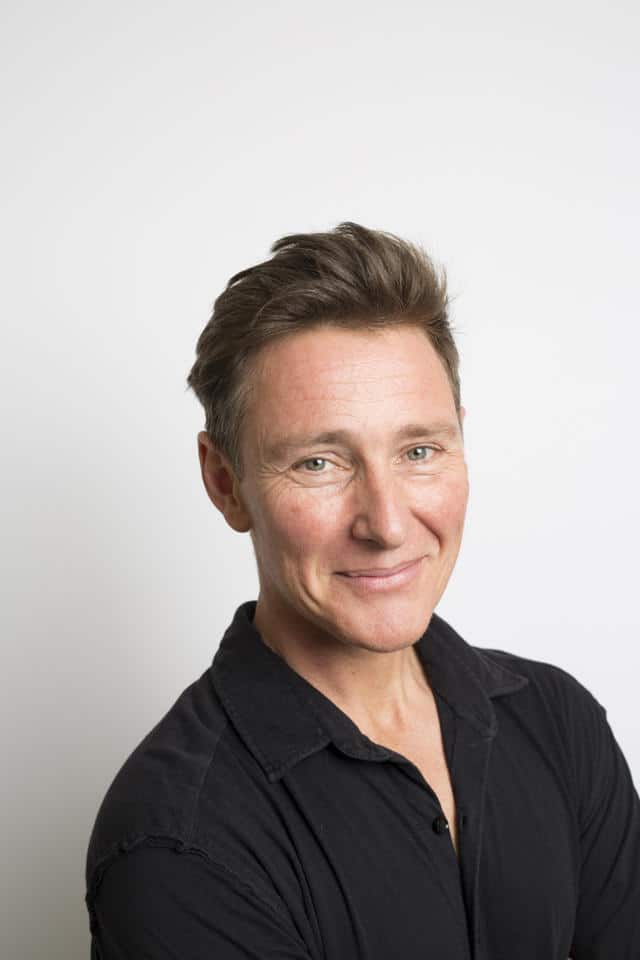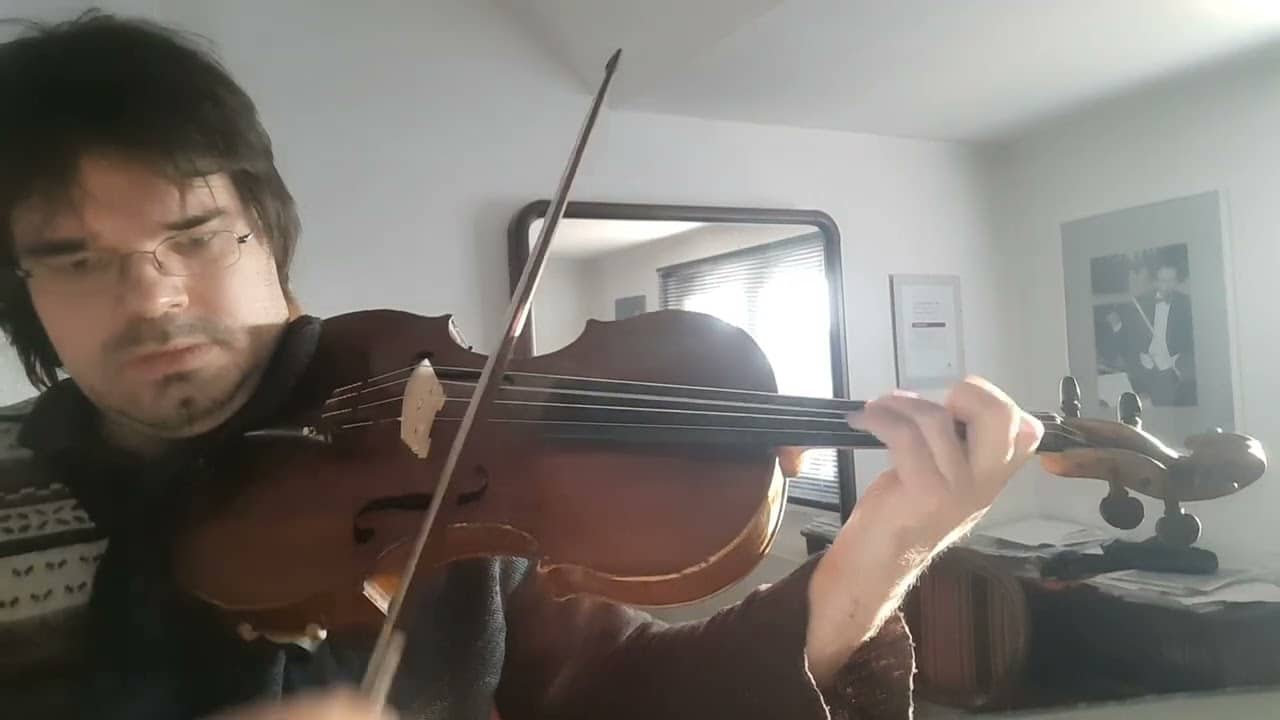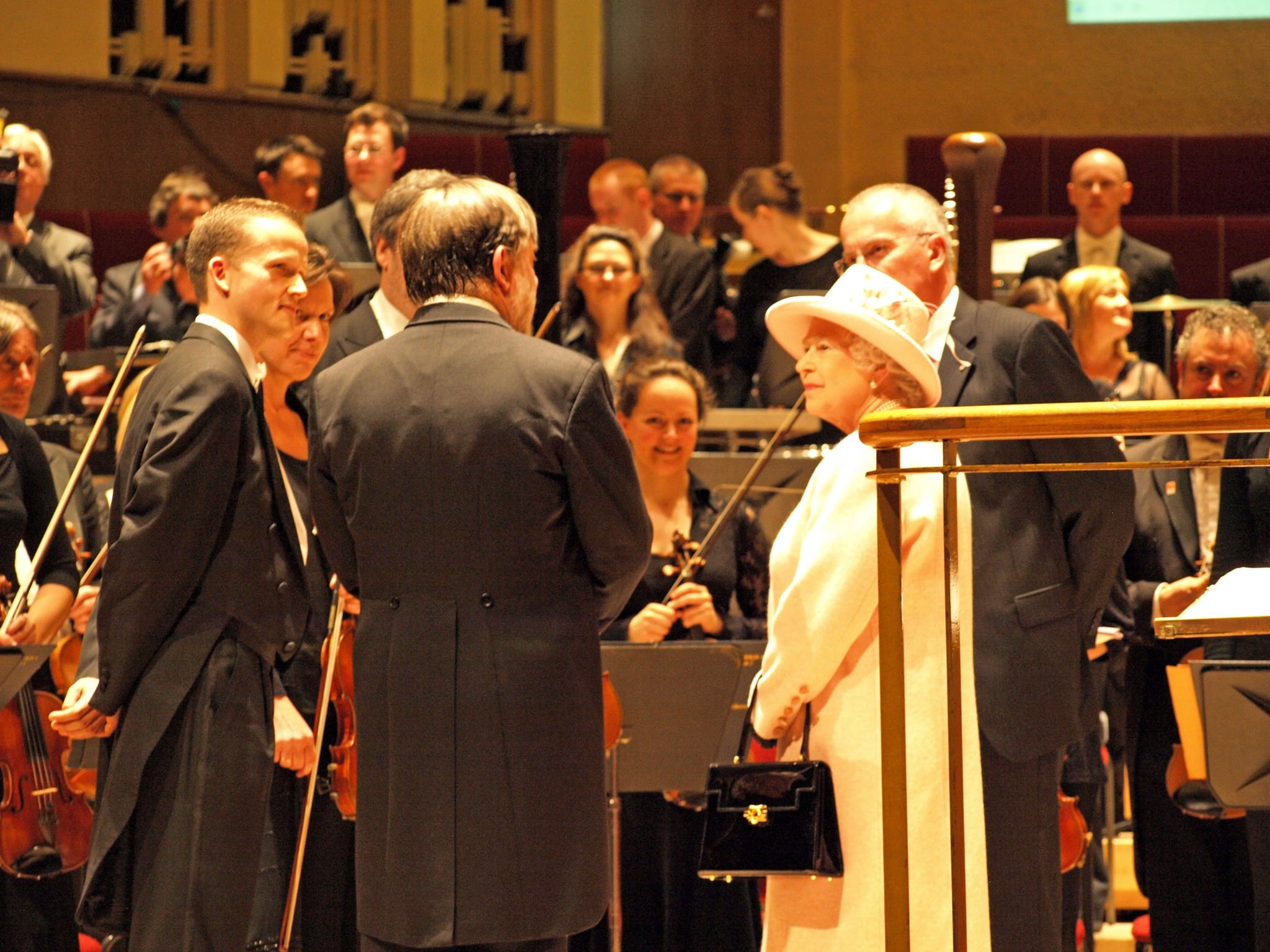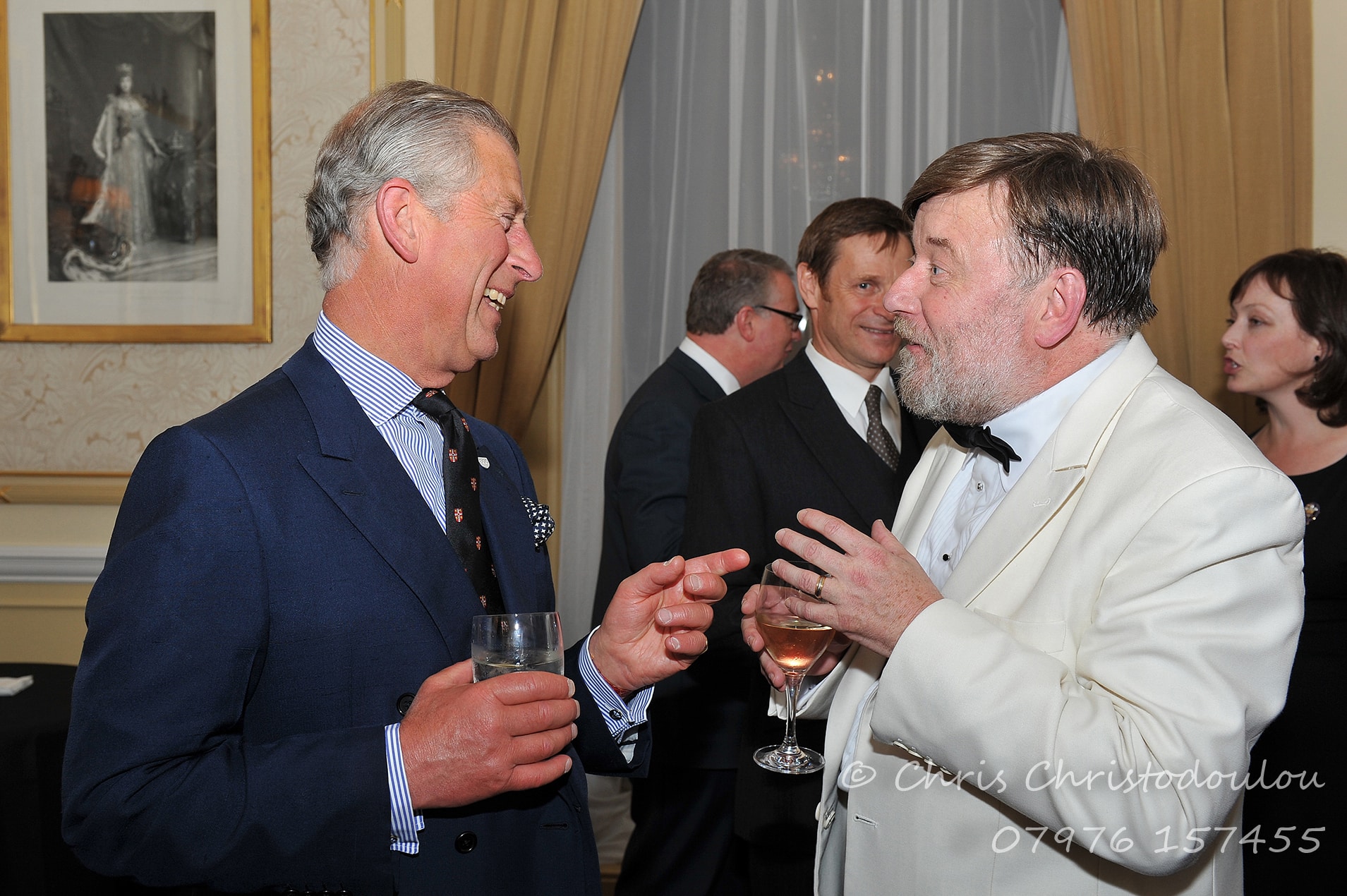How music helped me to transition
NewsThe Australian musician and broadcaster Ed Ayres, presenter of ABC Classic’s Weekend Breakfast, has written a book about knowing ourselves through music. It is published by ABC Books, an imprint of Harper Collins.
Here’s a sample:
Five years ago I was reborn. And I was reborn through music.
I was born in a female body, given the sexual marker of female, named Emma and taken through the usual rituals of a girl’s life….
I was told to put on a t-shirt around ten years old and from then on nothing seemed to fit me, neither clothes, feelings, my mind or my body. The only thing that did fit was music.
This may be a more widespread feeling than he imagines, and not one that is exclusive to transgender people. Many musicians feel that music is the only place where anything in their identity makes sense.
True?
author photo from 2017






Of course that’s true. True is also, that it‘s much more sensational coming from a transgender person than from an old white heterosexual man.
‘Identity’ in all forms is the experience of ‘Self’. But this Self is not material, or physical, at all: it is the nature of our interior, emotional field, of our personality. This is exactly the field which is addressed by classical music, so: listening to classical music is reinforcing the experience of Self, and from this point we can handle all other considerations in life.
The ordering influence of classical music has been researched for years and the results show, for instance, its positive influence with psychic disorders and autism: music therapy helps touching the layers of the psyche which are inaccessible to the rational mind and language.
The Self is located in the body but not defined by the body; therefore I think that changing the body does not change the Self. For that reason thinking that music helps identity formation through changing the body seems to be highly questionable.
I wouldn’t say that music helps me making sense of my identity, although I can imagine it does for other people. But for me, music is one of the very few things in my life that are certain. You can lose friends and loved ones, you can lose your job or find a new one, your house can burn down, you can have conflicts about your very identity, but music will always be there and will always work.
(Unless you become deaf – I have a hearing aid since I was 40 and I’d rather be blind or paralyzed than deaf. )
No doubt it’s true for every type of artist.
I believe people hear and connect to pieces in deeply personal and individual ways. Any two or more of us will love the same piece for different reasons, often difficult if not impossible to articulate. Which is the whole point. So when we gather together in a concert hall, with all our different passions, we each listen a bit differently. This
creates a collective energy we send to the performers and they return to us in a feedback loop, unique to that performance because of the singular, unrepeatable chemistry between this audience and those performers on that evening. Whatever comforted Mr. Ayres in his difficult and joyful moments gave him his identity, showed him the path forward. We have each experienced this, even as we follow different paths. When the world wouldn’t accept him, music did. Great art accepts us as we are, then helps us to become better. Maybe this is why art is the chosen religion of many of us.
I find classical music helps me escape from having to read anything about the gender cult.
When you have a swag of children and one is sick enough to constantly need hospitalization then you simply cannot afford to think, for a moment, about yourself. Perhaps this focus on the self is a consequence of the low birth rates around the western world rather than gender identity issues per se.
But the gender cult in classical music helps me to bear a concert throughout! Without it, the boredom would kill me.
Sally
I’ve played trombone for over 40 years and still haven’t felt the need to change genders. Guess I’m doing it wrong
But that means you have wasted much of your life. The trombone is, as everybody knows, a strongly-gendered instrument, defined by suppressing, inconsiderate masculinity. Plenty are the reports of desperate women who had stumbled into a relationship with a trombone who suffered, due to a low self image, from ill-treatment by their husband. As there are: practicing in the night in the bedroom, day-long nervous flatulence before concerts, taking the instrument on holiday, awaking the children too early in the morning with low glissandi, etc. etc. After gender treatment most trombone players revert to the much milder traverso, thereby saving their marriage.
Possibly the finest retort I have seen to my nonsense.
My wife seems happy enough and I certainly don’t play trombone in the bedroom – that would likely be grounds for divorce / justifiable homicide.
Who cares? I know.
Strange how some self-identifications are accepted and some are not:
Man: I identify as a woman.
PC crowd: hurray.
White person: I identify as Black.*
PC crowd: racist!
*there have been recent cases of this, and the reaction was as above.
(Hint— it’s all about wielding power.)
Terence. Here is a link to an introduction to gender identity terminology. Hope it helps. (Don’t be an ignoramus – educate yourself)
https://www.npr.org/2021/06/02/996319297/gender-identity-pronouns-expression-guide-lgbtq?t=1650842069704
I don’t know if anyone is still reading this item but anyway …
Perhaps you misunderstood my comment. I have read Ed’s book and found his writing about music compelling. I have seen Ed in person playing and giving a talk (as Emma). I have no problem with his transition (not that it’s any of my business).
I was however pointing out the hypocrisy of the PC crowd. And I do have a problem with women’s sports being wrecked by biological males.
Ed certainly had an unambiguous female voice.
If you can find a piece of Trans writing that doesn’t include the words I, me or myself you’ll be very lucky.
Music is a wonderment in our lives and can help us in so many ways… I don’t know if you folks saw the story of the classical musician who plays in the bomb shelter in Ukraine at night… Just to remind everybody of their humanity…
I’m so glad you have found who you are and that music has been a gateway to your true self…
I am astonished at the venom and sneering displayed here. What harm does it do to you, if Ed Ayres has found happiness? Would you have preferred him to stay unhappy? Would his unhappiness as a woman have increased the sum total of your happiness?
Ed is a professional musician with many years of orchestral experience, and knows far more about music that the carping moaners here. His gender is irrelevant to anyone except him.
And he is talking about it to offer kindness and support to anyone who might be feeling unhappy for the same reason.
As for making smart-arse remarks about the trombone, with the assumption that the trombone is a male instrument, since when did this website turn into a d**k-measuring contest? For that matter, as a tuba player, mine’s bigger than yours.
One of my uncles is a church organist and his organ beats everybody’s in this thread, to say the least.
Sally
I’m not sure why your last paragraph is necessary, Norman. This man isn’t saying it isn’t a widespread feeling. He’s just saying music helped him through…
Some of the comments on this page are so unecessarily offensive and disgusting. A man is explaining that he found solace and peace within music, which is what we want everyone to feel right? Why are you all so offended by it?